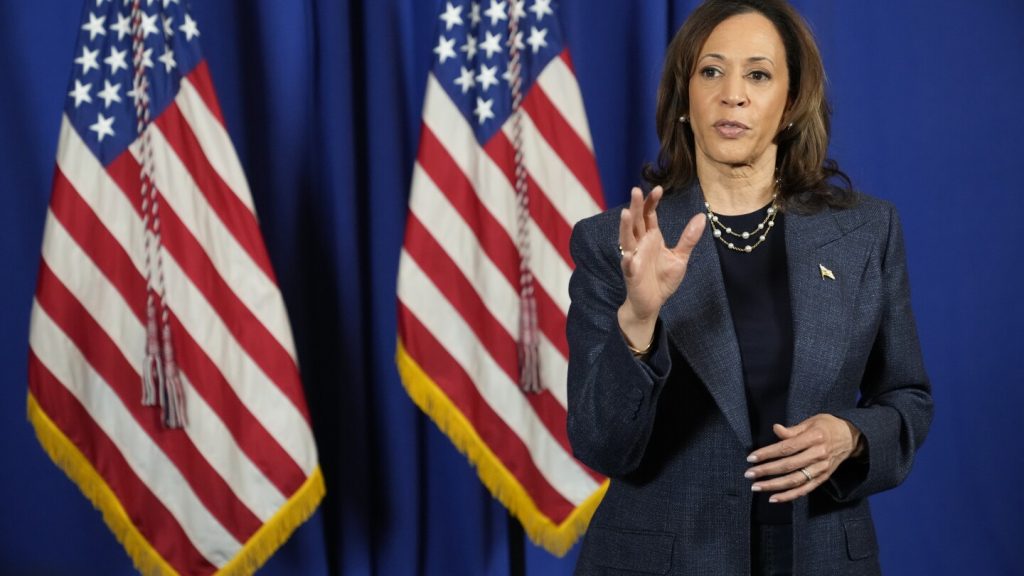Vice President Kamala Harris declined to disclose how she voted on a key ballot measure in California that would reverse criminal justice reforms. While campaigning in Michigan, Harris avoided taking a stance on the initiative, which would increase penalties for repeat offenders of shoplifting and some drug charges, among other provisions. The decision not to weigh in on the high-profile measure could subject Harris to criticism from those who believe she is being soft on crime, as well as from left-leaning voters who want to see her speak out against what they perceive as draconian anticrime efforts.
The ballot initiative in California has sparked intense debate, with proponents arguing that it is necessary to close loopholes in existing laws that make it challenging for law enforcement to punish shoplifters and drug dealers. On the other hand, opponents, including Democratic state leaders and social justice groups, believe the proposal would disproportionately imprison poor individuals and those with substance use issues rather than targeting the ringleaders behind such crimes. The issue of crime in California has become a central focus in the current election cycle, with various high-profile races, including the reelection bid of San Francisco Mayor London Breed and recall elections for other district attorneys.
Recent crime data has shown a steady increase in shoplifting rates in the San Francisco Bay Area and Los Angeles, according to a study by the Public Policy Institute of California. While shoplifting rates overall rose between 2021 and 2022, they remained below pre-pandemic levels in 2019. Additionally, commercial burglaries and robberies have become more prevalent in urban counties in the state. Harris, who has been urging Americans to make a voting plan ahead of the 2024 election, had previously indicated that she would disclose her position on the California ballot measure. However, as of her comments in Michigan, she had not publicly stated how she voted.
The upcoming election in California is critical, with various races shaping the future of criminal justice reform in the state. San Francisco Mayor London Breed faces a tough reelection fight, with challengers criticizing her handling of issues like homelessness and street behavior in the city. Meanwhile, Alameda County District Attorney Pamela Price is facing a recall election, and Los Angeles District Attorney George Gascón is being challenged by a rival who disagrees with his progressive approach to crime and punishment. The outcome of these races could have implications for law enforcement and criminal justice policies across California.
As Election Day approaches, the focus on crime rates and criminal justice reform has intensified in California. The decision by Vice President Kamala Harris to refrain from publicly stating her position on the ballot measure has drawn attention from both critics who question her commitment to law enforcement issues and voters who want to see strong advocacy against harsh anticrime measures. The outcome of the ballot initiative and various elections across the state will likely have a significant impact on the future direction of criminal justice policy in California, with implications for law enforcement, incarceration rates, and social justice initiatives.


